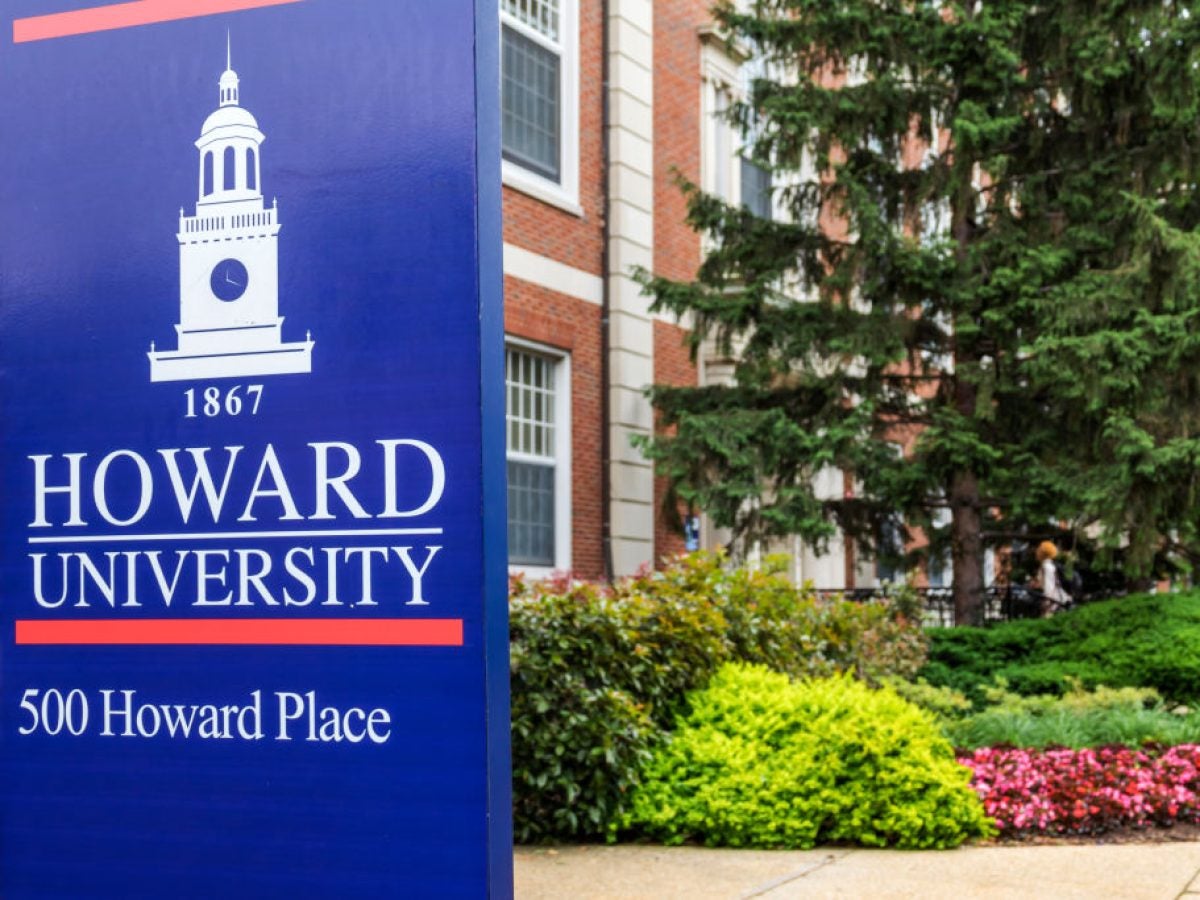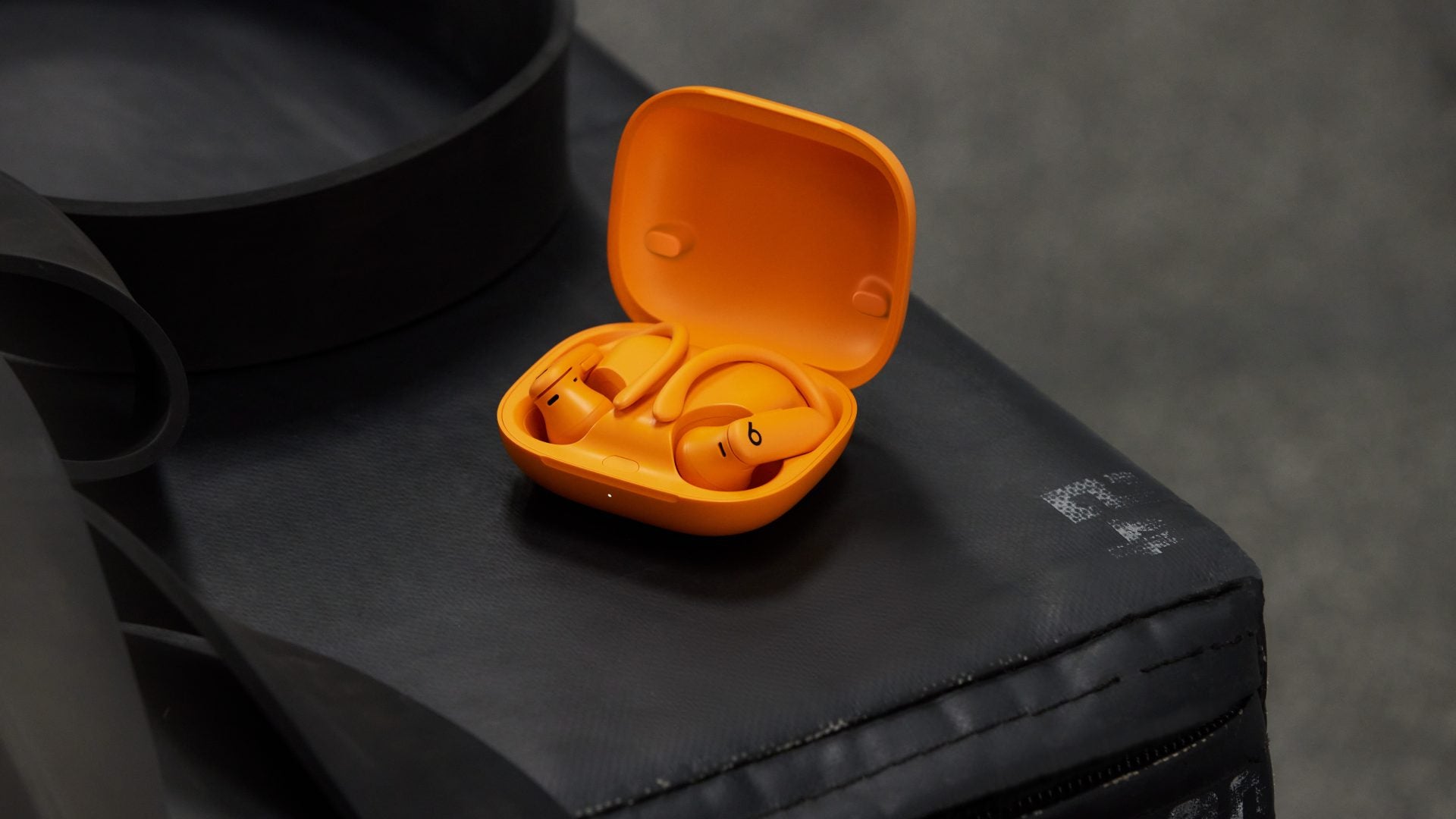
Howard University has long committed itself to preparing its students for success in an ever-evolving world. Its latest monetary gift it has received is helping to further that legacy.
Software company Autodesk made a $5 million donation to Howard’s College of Engineering and Architecture (CEA)–the largest unrestricted philanthropic donation in the College’s history–to help support students’ AI mastery.
“We are immensely grateful for Autodesk’s gift to Howard’s College of Engineering and Architecture,” said Howard University President Ben Vinson III, Ph.D per a news release shared with ESSENCE. “Howard is a leader in graduating Black engineers, and this gift will expand our ability to provide our students with the best and latest resources throughout the course of their education here. This is increasingly important to us as competition for entry-level jobs continues to increase and as the need for tech and AI skills becomes all the more critical.”
Just 3% of today’s US mechanical engineering population is made up of Black workers Autodesk is committed to helping build a more diverse workforce and preparing future engineers for a rapidly-evolving workforce.
The donation will go towards equipping Howard’s engineering with cutting-edge tools to further integrate AI and digital transformation into the students’ curricula.







“At Autodesk, our software not only helps people design and make things; we also help shape tomorrow’s design and make leaders,” said Andrew Anagnost, president and CEO of Autodesk. “It’s imperative that educators and industry leaders work together to prepare students for an ever-changing workforce, and technology companies like Autodesk have a critical role to play in bridging the gap. We’re honored to support Howard University’s students on their journeys to building the future.”
“This generous gift, in addition to the previously donated $1M to the Department of Mechanical Engineering, is a result of our exemplary industry-academia partnership with Autodesk for the last six years, which has already resulted in curriculum development with industry-grade software, and mechanical engineering graduates with advanced skills. All of these efforts will be used for the long-term development and sustainability of establishing a diverse engineering workforce,” said Nadir Yilmaz, Ph.D., P.E., professor and chair of Howard University’s Department of Mechanical Engineering.
Howard University’s Design and Make lab, expected to open in 2025.





